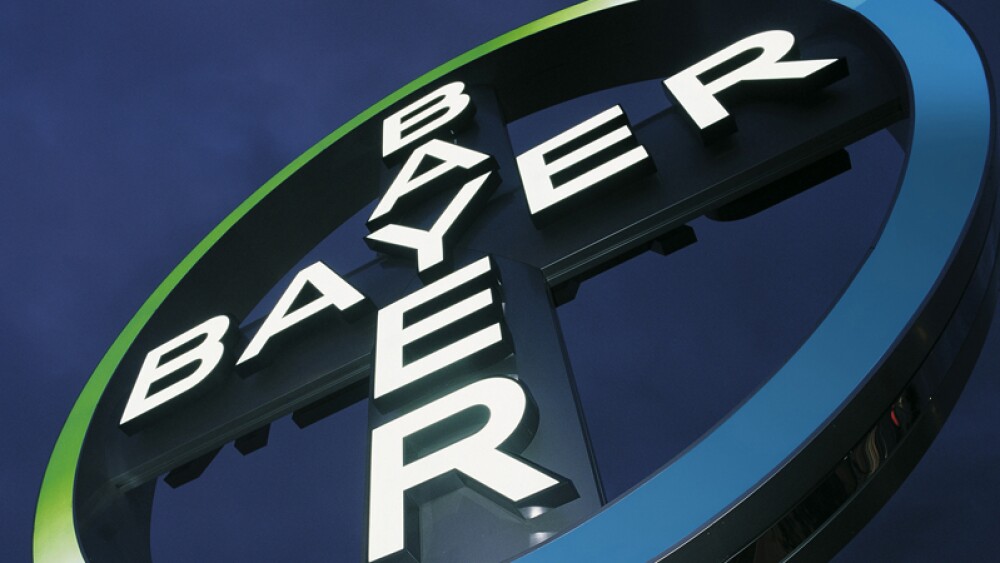September 14, 2016
By Alex Keown, BioSpace.com Breaking News Staff
LEVERKUSEN, Germany -- The third time is the charm for Bayer as the company finally cemented a $66 billion deal to acquire U.S. seed giant Monsanto . Shares of both companies are up this morning following the announcement of the deal.
Under terms of the deal Germany-based Bayer, best known for inventing aspirin, but which also has a seed business, will acquire Monsanto shares for $128. However, Bayer said that deal will be financed through a combination of debt and equity. Bayer said it has about 19 billion in equity, with the remaining $57 billion in financing. The final price is 44 percent higher than its initial offering, which was delivered back in May. In July, Bayer upped its offering to $54.7 billion to acquire Monsanto, which is the largest seed maker in the world. In a year of acquisitions, this is the largest deal of the year, Reuters reported. The deal also creates a company that dominates 25 percent of the world market for seeds and pesticides.
Werner Baumann, chief executive officer of Bayer, said the deal with Monsanto is a “major step forward” for its crop sciences business and “and reinforces Bayer’s leadership position as a global innovation driven Life Science company.” The Bayer and Monsanto combination will bring together Monsanto’s Seeds & Traits and Climate Corporation business will Bayer’s crop protection line. The combined companies are expected to have an annual research and development budget of $2.5 billion.
“Over the mid to long-term, the combined business will be able to accelerate innovation and provide customers with enhanced solutions and an optimized product suite based on analytical agronomic insight supported by digital farming applications. These are expected to result in significant and lasting benefits for farmers: from improved sourcing and increased convenience to higher yield, better environmental protection and sustainability,” Bayer said in a statement.
The deal will keep Monsanto’s Seeds & Traits and North American commercial headquarters in St. Louis, while its global Crop Protection and overall Crop Science headquarters will be in Monheim, Germany. Bayer said Monsanto will maintain an important presence in areas such as Durham. N.C. and San Francisco.
Another benefit for Monsanto is that it will allow the company to challenge the recent merger of DuPont and Dow Chemical , called DowDupont. That merger is expected to unite both company’s crop and seed businesses, propelling it to the forefront of the seed and pesticide industry.
Bayer said it anticipates closing of the deal sometime next year. If the deal fails to go through, Bayer said it has committed $2 billion in a reverse antitrust break fee that will be paid to Monsanto. Because the combination of the two companies will control such a large chunk of the seeds market, analysts at Bernstein Research told Reuters they believe there is a good chance the deal may not go through, with estimates of 30 to 50 percent that regulatory bodies will deny the acquisition. In addition to regulators, there could be a pushback against the deal from farmers, as well as some political activists who have protested Monsanto’s genetically modified seeds.





